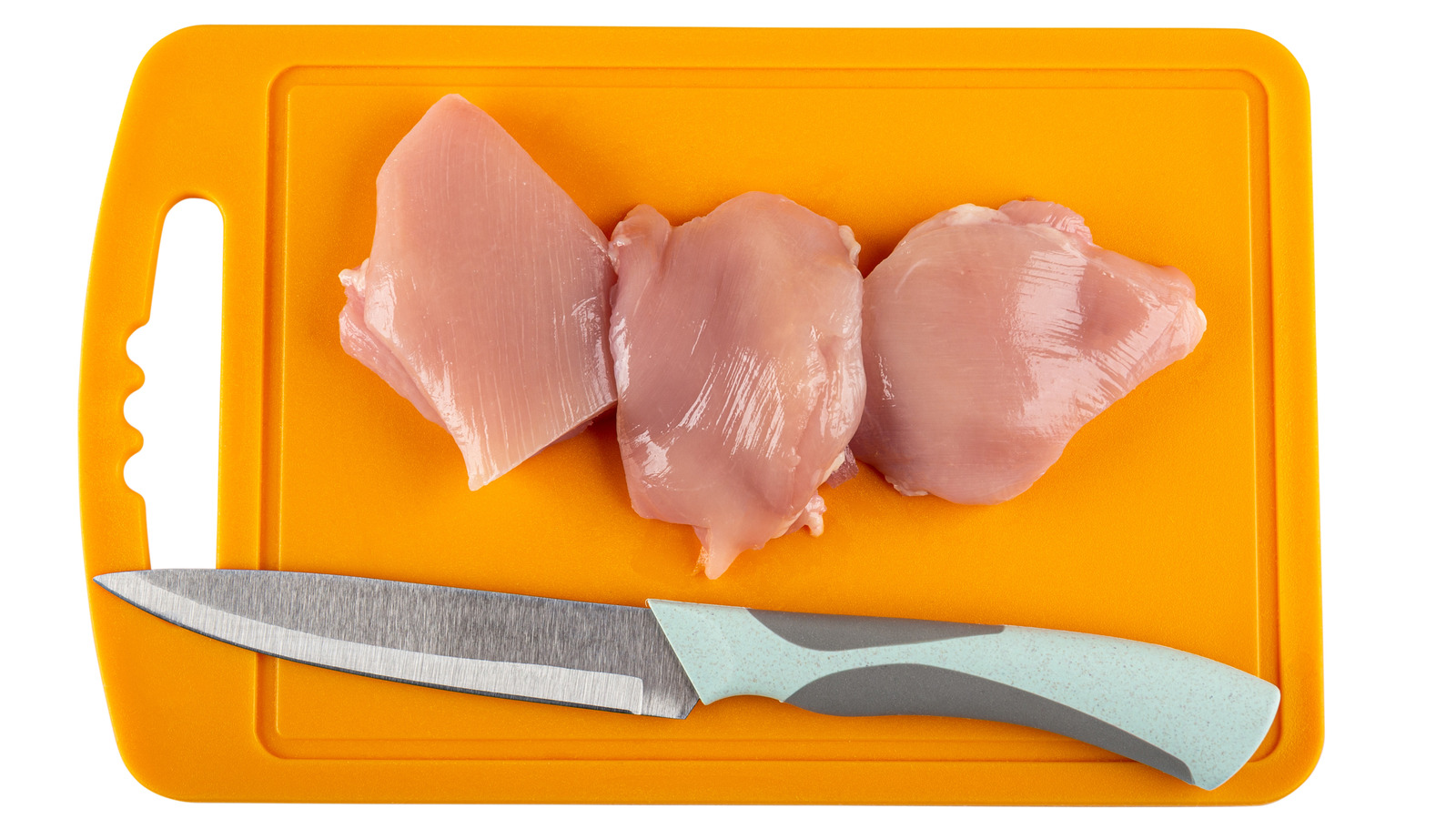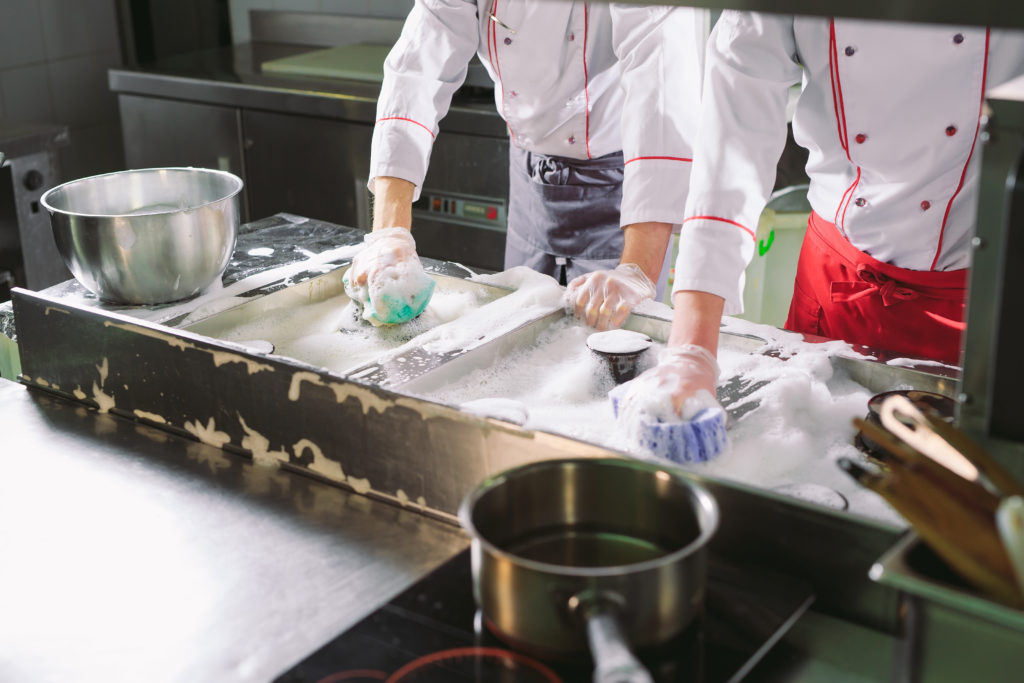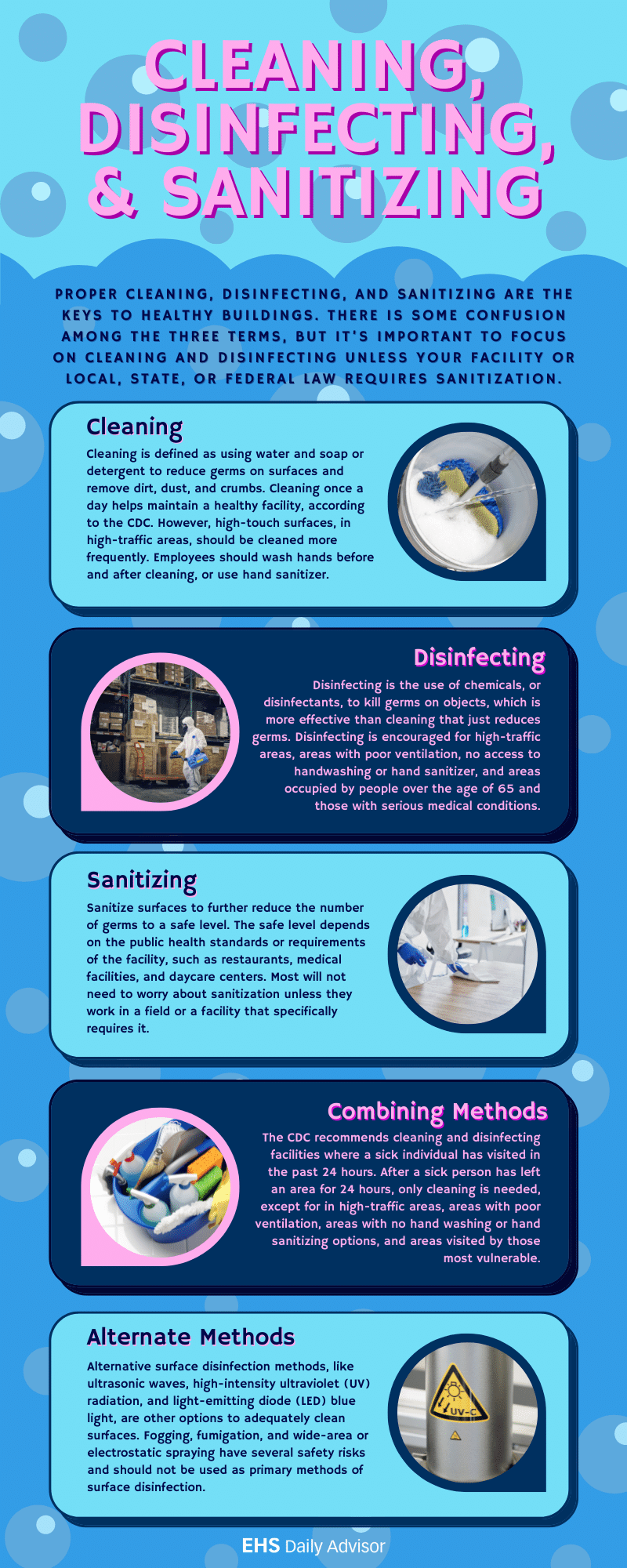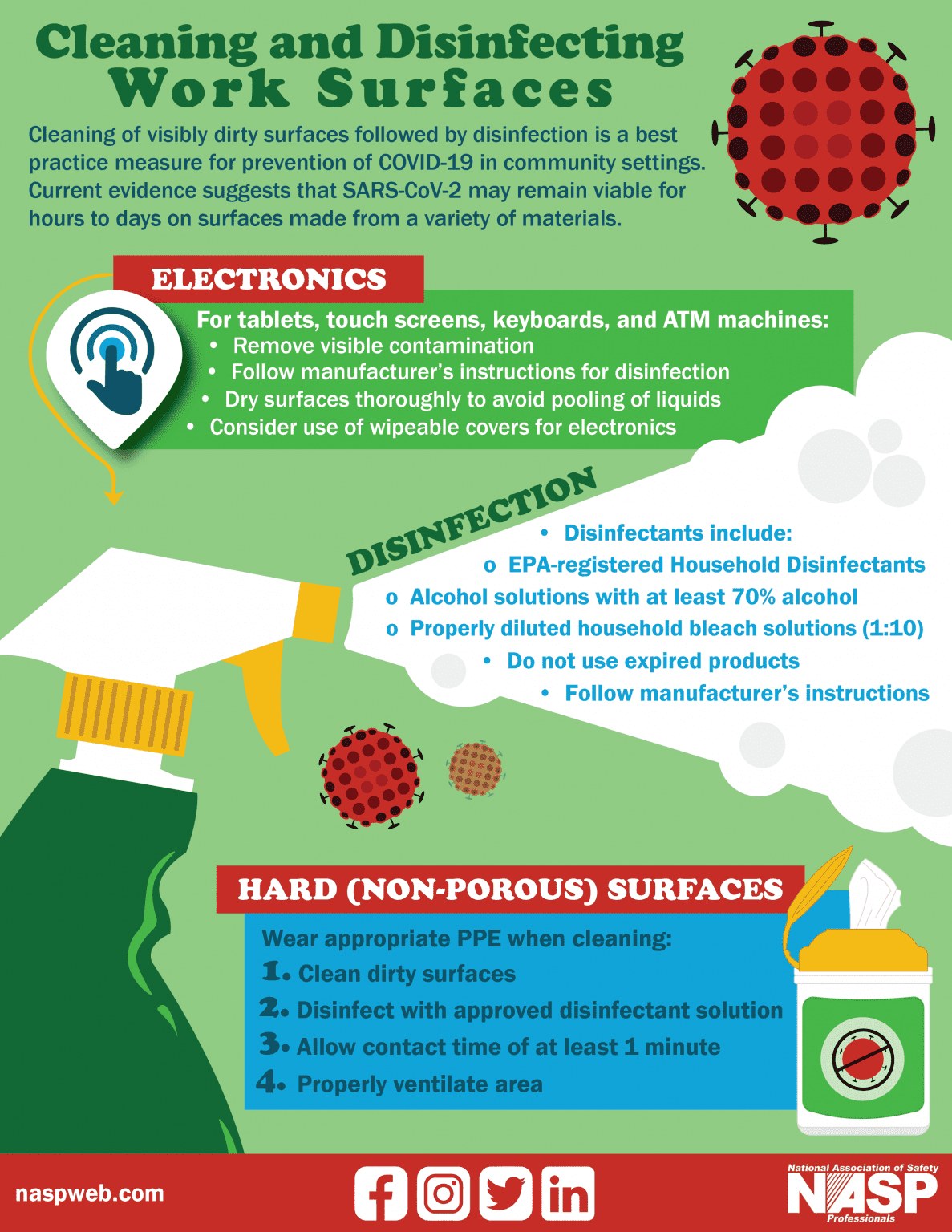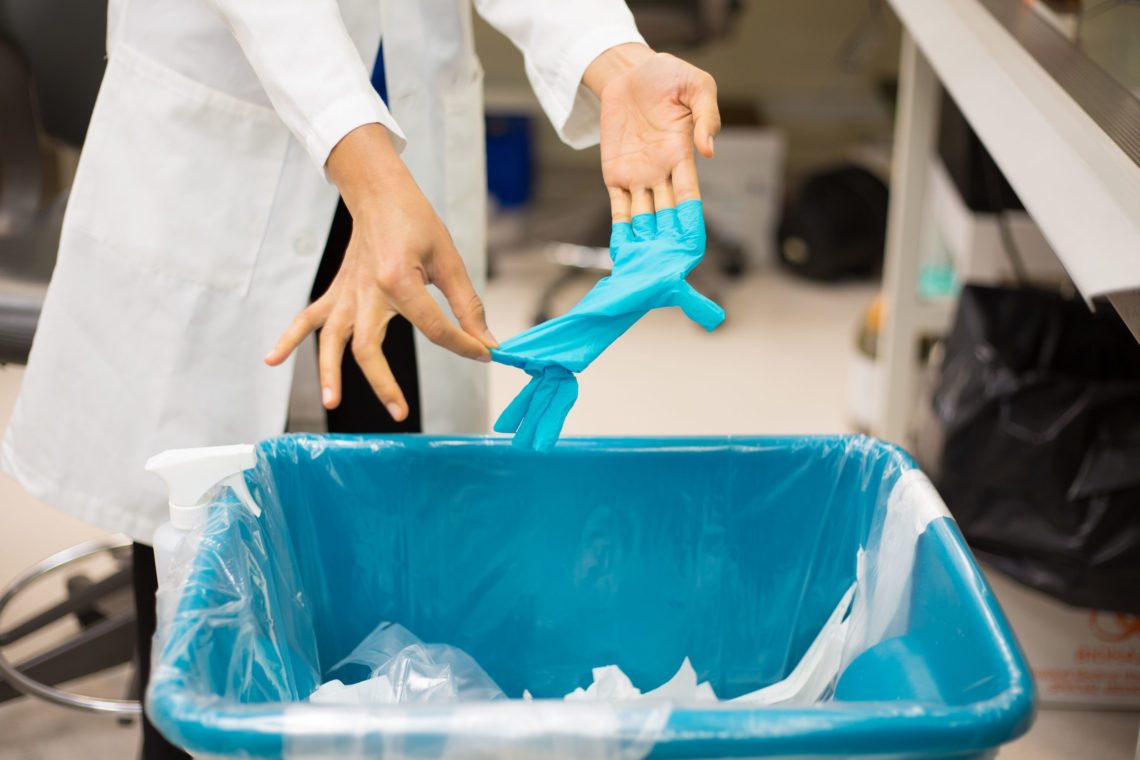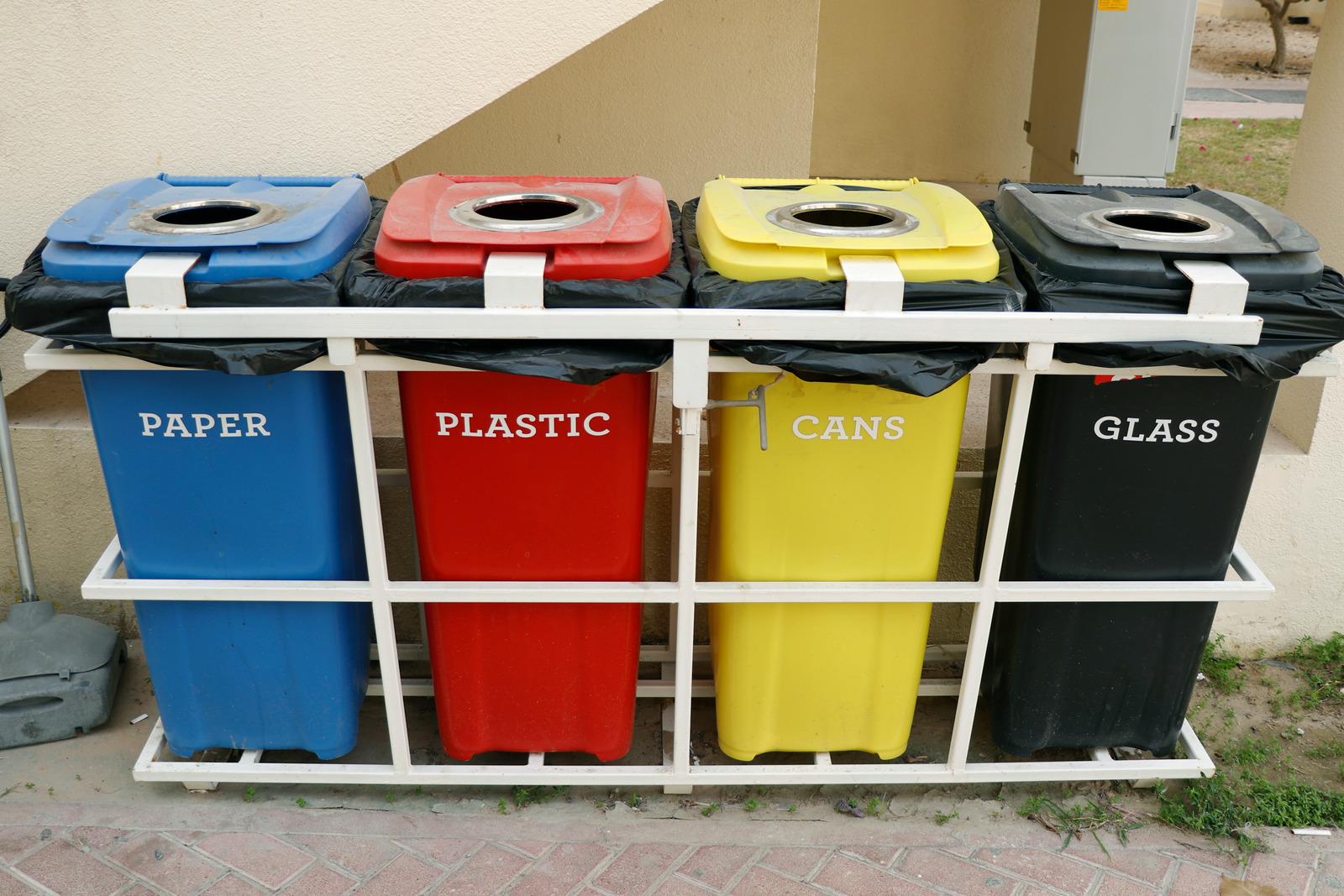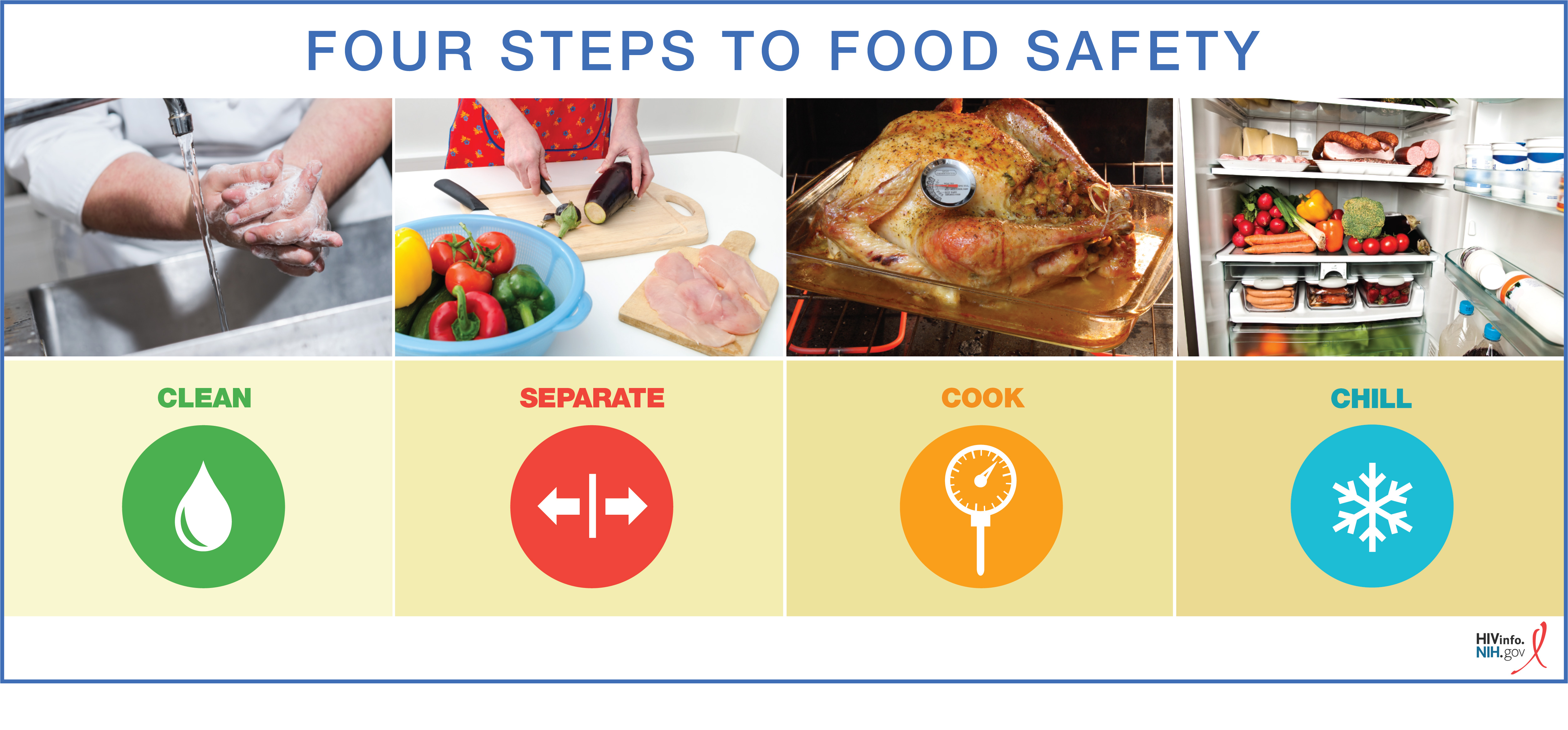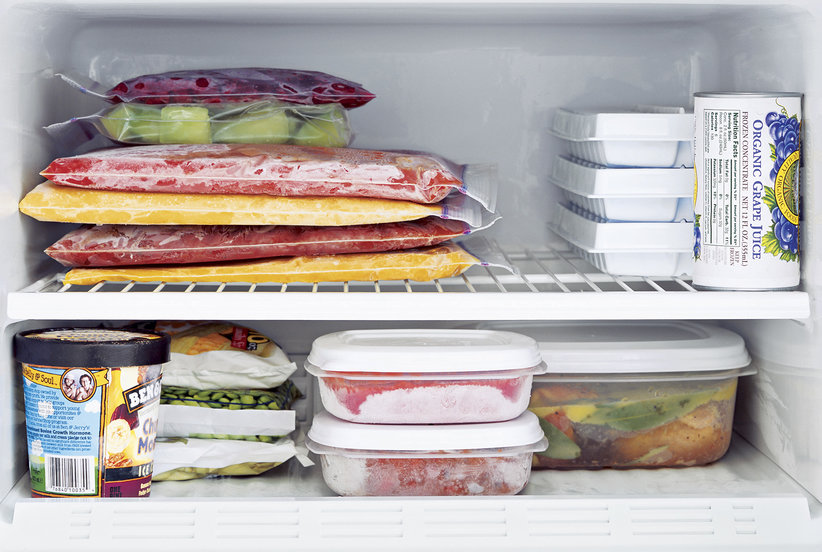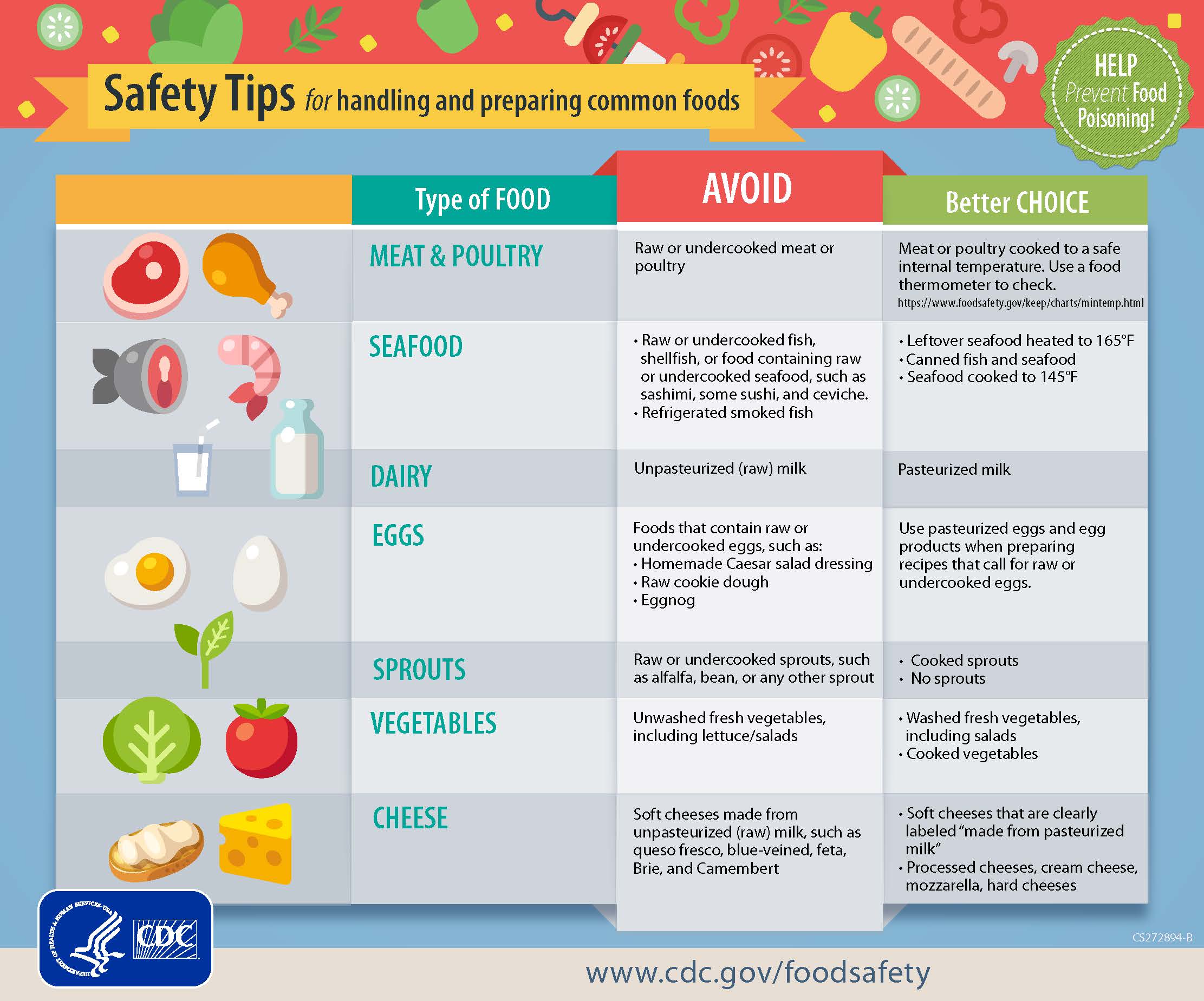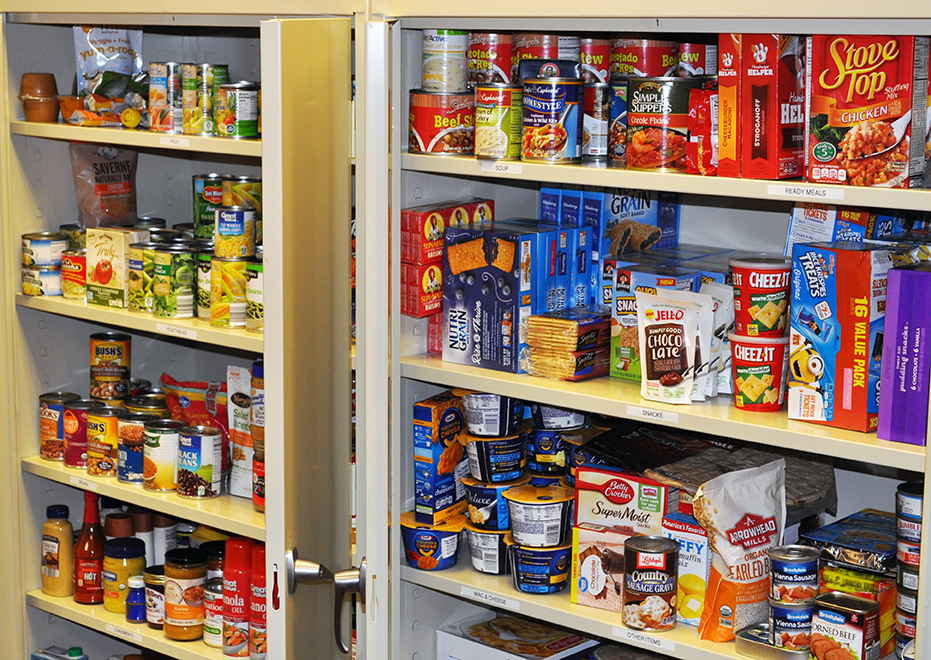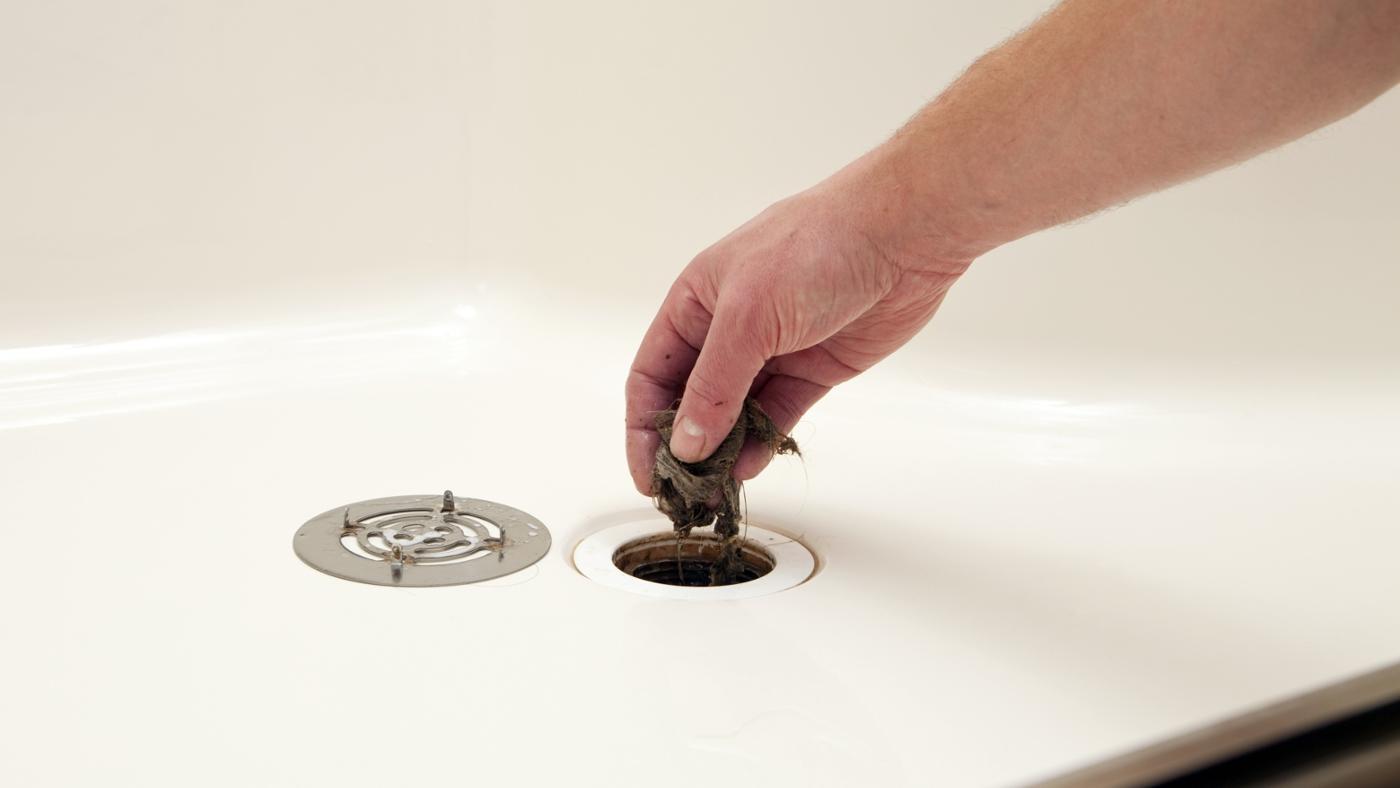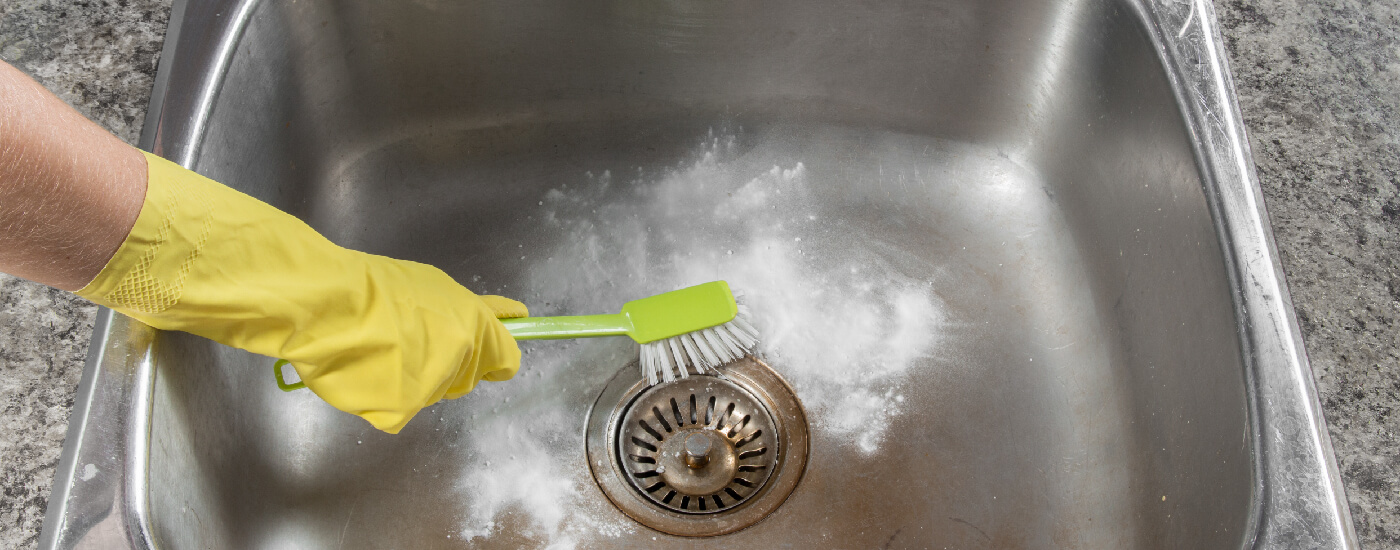The kitchen sink is a common place for germs and bacteria to thrive, especially when it comes to handling food. This is why it is important to practice proper handwashing techniques to prevent the spread of infectious diseases. Washing your hands before and after handling food, especially raw meat, can help reduce the risk of contamination and illness. When washing your hands, make sure to use warm water and soap. Rub your hands together for at least 20 seconds, making sure to clean all areas including between your fingers and under your nails. Rinse your hands thoroughly and dry them with a clean towel or air dry them. This simple step can go a long way in preventing the spread of infectious diseases in the kitchen sink.Proper Handwashing Techniques to Prevent the Spread of Infectious Diseases in the Kitchen Sink
The surfaces in your kitchen, such as countertops and cutting boards, can harbor harmful bacteria that can cause infectious diseases. That's why it is important to regularly sanitize these surfaces to prevent the spread of germs. One way to do this is by using a solution of bleach and water. Mix one tablespoon of bleach with one gallon of water and use this to wipe down your kitchen surfaces. Let it sit for a few minutes before rinsing it off with clean water. You can also use a commercial disinfectant that is labeled as effective against bacteria and viruses.How to Properly Sanitize Kitchen Surfaces to Prevent the Spread of Infectious Diseases
Sponges and dishcloths are often used to clean up spills and messes in the kitchen, but they can also harbor bacteria and germs. To prevent the spread of infectious diseases, it is important to regularly clean and sanitize these items. You can wash sponges and dishcloths in the dishwasher or in hot, soapy water. Make sure to let them dry completely before using them again. It is also recommended to replace them every few weeks to prevent the buildup of bacteria.Importance of Keeping Kitchen Sponges and Dishcloths Clean to Prevent the Spread of Infectious Diseases
Raw meat can contain harmful bacteria like E. coli and Salmonella, which can cause foodborne illnesses if not handled properly. To prevent the spread of these bacteria, it is important to follow proper storage and handling techniques when it comes to raw meat. Make sure to store raw meat in the refrigerator or freezer at the appropriate temperature. When preparing and cooking raw meat, use separate cutting boards and utensils to prevent cross-contamination. After handling raw meat, wash your hands thoroughly before touching any other food or surfaces in the kitchen.How to Properly Store and Handle Raw Meat in the Kitchen to Prevent the Spread of Infectious Diseases
As mentioned earlier, using separate cutting boards for raw meat and other foods is crucial in preventing cross-contamination and the spread of infectious diseases. This includes using different cutting boards for raw meat, fruits, and vegetables. Color-coded cutting boards can be a helpful tool in keeping track of which board is used for which type of food. Make sure to also clean and sanitize cutting boards after each use to prevent the buildup of bacteria.Using Separate Cutting Boards for Raw Meat and Other Foods to Prevent Cross-Contamination and the Spread of Infectious Diseases
Kitchen utensils, such as knives and spatulas, can also harbor bacteria and germs if not cleaned properly. After each use, make sure to wash utensils with hot, soapy water and let them air dry. You can also run them through the dishwasher for extra sanitation. It is also important to regularly check utensils for any cracks or damage, as these can harbor bacteria and make them more difficult to clean. Replace any damaged utensils to maintain a clean and safe kitchen environment.Properly Cleaning and Disinfecting Kitchen Utensils to Prevent the Spread of Infectious Diseases
Fruits and vegetables are an important part of a healthy diet, but they can also carry harmful bacteria that can cause foodborne illnesses. To prevent the spread of these bacteria, it is important to properly store and handle these foods. Make sure to wash all fruits and vegetables before consuming them, even if you plan on peeling them. Store them in the refrigerator at the appropriate temperature and avoid cross-contamination with raw meat by using separate cutting boards and utensils.How to Properly Store and Handle Fruits and Vegetables to Prevent the Spread of Infectious Diseases
The kitchen sink is where we wash our hands, clean our fruits and vegetables, and clean our dishes, making it a prime breeding ground for bacteria and germs. Regularly cleaning and disinfecting your sink can help prevent the spread of infectious diseases. Use a solution of bleach and water or a commercial disinfectant to clean and sanitize your sink. Pay special attention to the handles and drain, as these are often touched with dirty hands. It is also important to regularly replace your sink sponge or scrub brush to prevent the buildup of bacteria.The Importance of Regularly Cleaning and Disinfecting Kitchen Sinks to Prevent the Spread of Infectious Diseases
Food waste, such as scraps and leftovers, can attract pests and bacteria if not handled and disposed of properly. To prevent the spread of infectious diseases in the kitchen, make sure to seal food waste in a plastic bag before throwing it in the trash. This will help prevent pests from getting into your trash and potentially spreading germs. It is also important to regularly clean your trash can with hot, soapy water and disinfectant to prevent the buildup of bacteria and odors.How to Properly Handle and Dispose of Food Waste to Prevent the Spread of Infectious Diseases in the Kitchen
Proper food storage is crucial in preventing the spread of infectious diseases in the kitchen. Make sure to store food at the appropriate temperature and check expiration dates to avoid consuming spoiled or contaminated food. When storing leftovers, make sure to transfer them to airtight containers and label them with the date. This will help you keep track of how long the food has been in the fridge and when it needs to be consumed or thrown out. In conclusion, preventing the spread of infectious diseases in the home kitchen sink is a crucial step in maintaining a safe and healthy environment. By following these proper techniques for handwashing, sanitizing, and handling food, you can help reduce the risk of contamination and keep your kitchen free from harmful bacteria and germs.The Role of Proper Food Storage in Preventing the Spread of Infectious Diseases in the Kitchen
How Infectious Disease Care in the Home Kitchen Sink Can Improve Your House Design

Introduction
 When we think about house design, we often focus on aesthetics and functionality. However, one important aspect that is often overlooked is the kitchen sink. Did you know that the kitchen sink can play a crucial role in preventing the spread of infectious diseases in your home? In this article, we will discuss the importance of
infectious disease care in the home kitchen sink
and how it can improve your house design.
When we think about house design, we often focus on aesthetics and functionality. However, one important aspect that is often overlooked is the kitchen sink. Did you know that the kitchen sink can play a crucial role in preventing the spread of infectious diseases in your home? In this article, we will discuss the importance of
infectious disease care in the home kitchen sink
and how it can improve your house design.
The Role of the Kitchen Sink in Infectious Disease Control
 The kitchen sink is not just a place to wash dishes, it is also where we clean our fresh produce and wash our hands before and after handling food. This makes it a high traffic area and a potential breeding ground for bacteria and other pathogens. According to a study by the National Sanitation Foundation, the kitchen sink is actually one of the dirtiest places in the home, with more bacteria than a toilet seat. This is why proper
infectious disease care
in the kitchen sink is crucial for maintaining a clean and healthy home.
The kitchen sink is not just a place to wash dishes, it is also where we clean our fresh produce and wash our hands before and after handling food. This makes it a high traffic area and a potential breeding ground for bacteria and other pathogens. According to a study by the National Sanitation Foundation, the kitchen sink is actually one of the dirtiest places in the home, with more bacteria than a toilet seat. This is why proper
infectious disease care
in the kitchen sink is crucial for maintaining a clean and healthy home.
Preventing the Spread of Infectious Diseases
 One of the main ways to prevent the spread of infectious diseases is through proper hand washing. This is especially important in the kitchen, where we handle food that can easily become contaminated. By having a clean and well-maintained kitchen sink, we can ensure that our hands are properly cleaned before and after handling food. This will not only protect ourselves from getting sick, but also prevent the spread of germs and bacteria to others in the household.
One of the main ways to prevent the spread of infectious diseases is through proper hand washing. This is especially important in the kitchen, where we handle food that can easily become contaminated. By having a clean and well-maintained kitchen sink, we can ensure that our hands are properly cleaned before and after handling food. This will not only protect ourselves from getting sick, but also prevent the spread of germs and bacteria to others in the household.
Improving House Design with a Clean and Functional Kitchen Sink
 Aside from its health benefits,
infectious disease care in the home kitchen sink
can also improve the design and functionality of your home. A clean and well-maintained kitchen sink can enhance the overall look of your kitchen, making it more inviting and pleasant to work in. It can also prevent clogs and other plumbing issues, saving you from costly repairs in the long run.
Aside from its health benefits,
infectious disease care in the home kitchen sink
can also improve the design and functionality of your home. A clean and well-maintained kitchen sink can enhance the overall look of your kitchen, making it more inviting and pleasant to work in. It can also prevent clogs and other plumbing issues, saving you from costly repairs in the long run.
Conclusion
 In conclusion, the kitchen sink is more than just a functional item in our homes. It plays a crucial role in preventing the spread of infectious diseases and can also improve the design and functionality of our houses. By implementing proper
infectious disease care
in the kitchen sink, we can create a cleaner and healthier living environment for ourselves and our loved ones. So next time you're thinking about house design, don't forget to give your kitchen sink the attention it deserves.
In conclusion, the kitchen sink is more than just a functional item in our homes. It plays a crucial role in preventing the spread of infectious diseases and can also improve the design and functionality of our houses. By implementing proper
infectious disease care
in the kitchen sink, we can create a cleaner and healthier living environment for ourselves and our loved ones. So next time you're thinking about house design, don't forget to give your kitchen sink the attention it deserves.
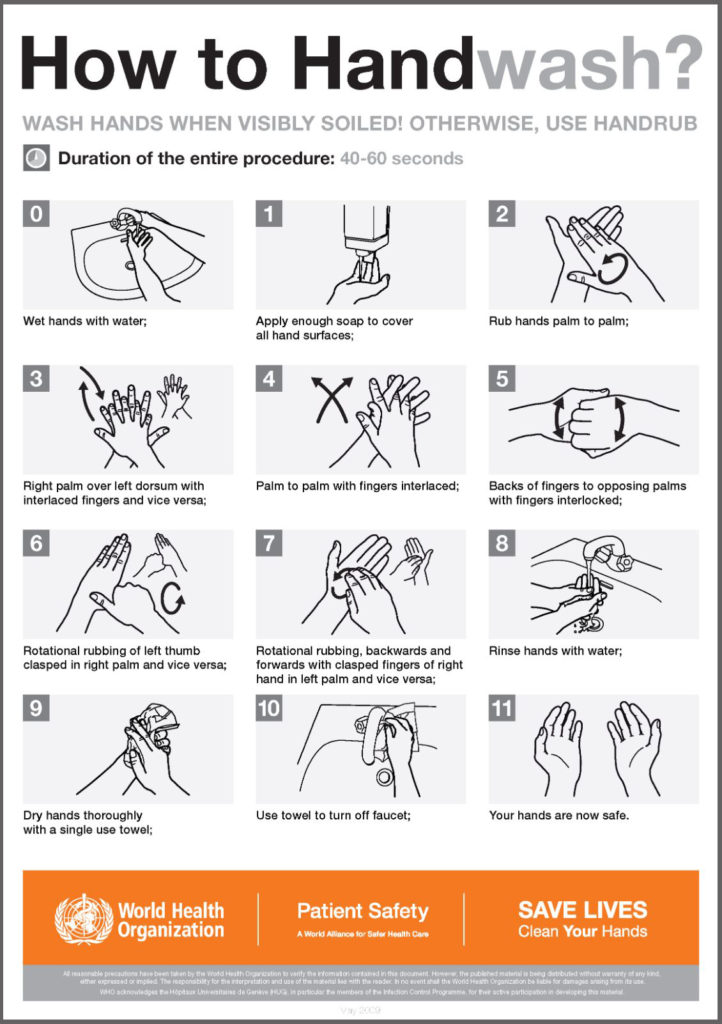
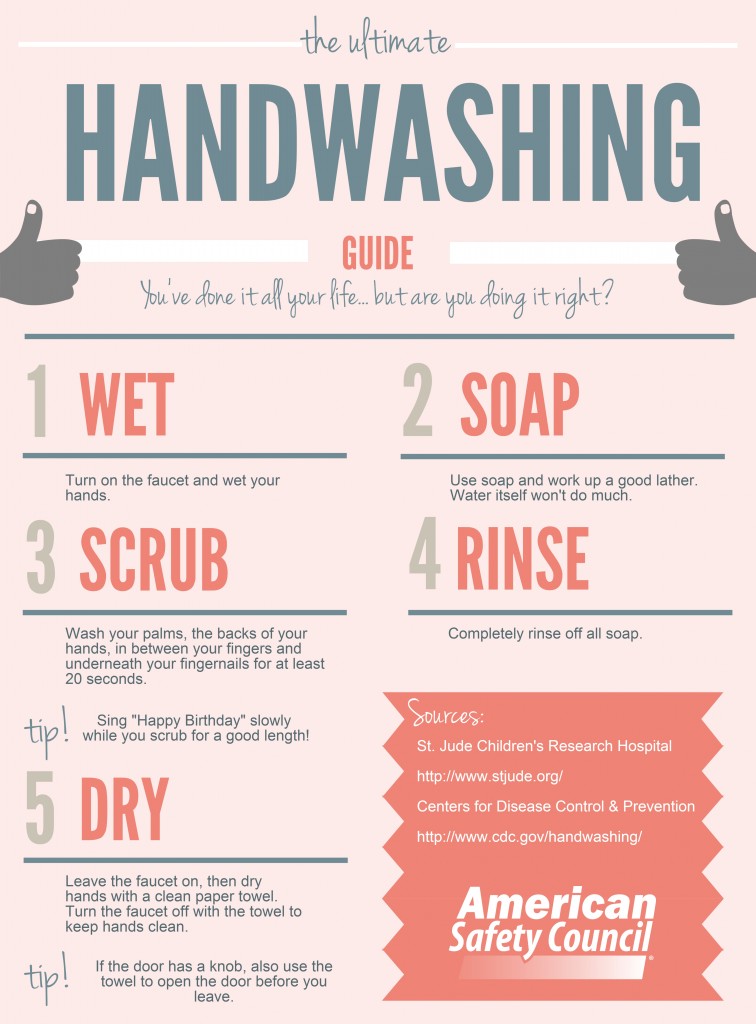
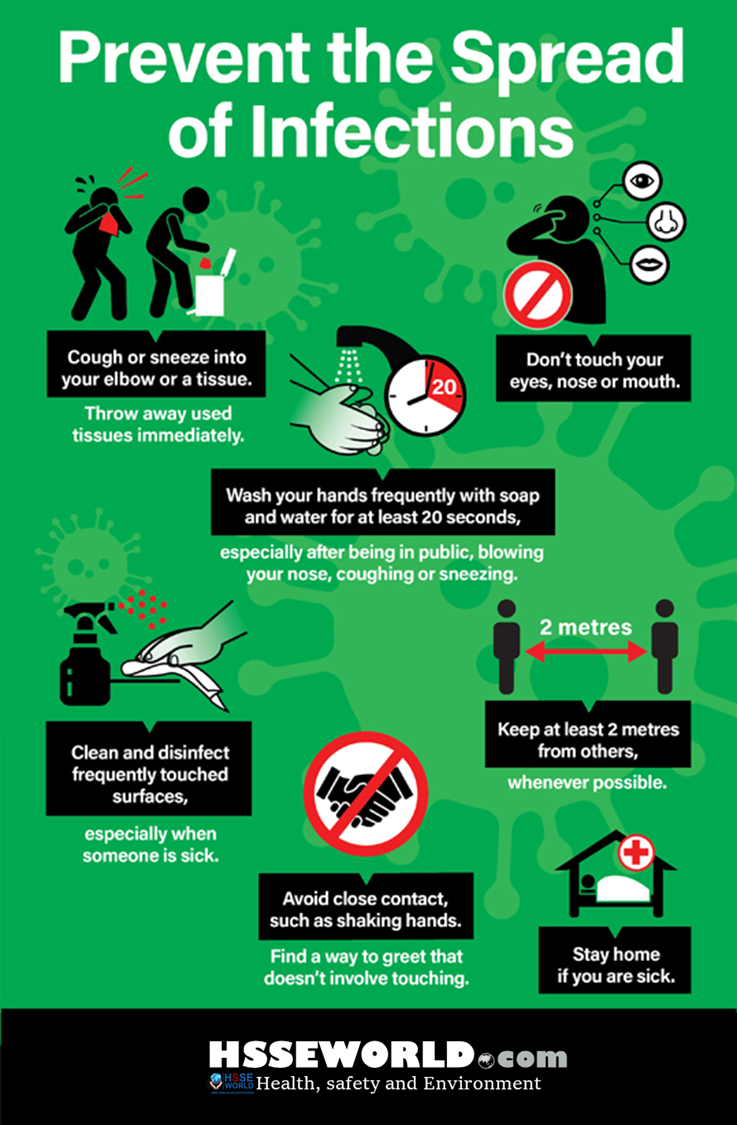

:max_bytes(150000):strip_icc()/HowtoProperlyWashHands_770729_Final_1-53dd333dbd5c4d4c82fea8d48c8ff3bd.png)
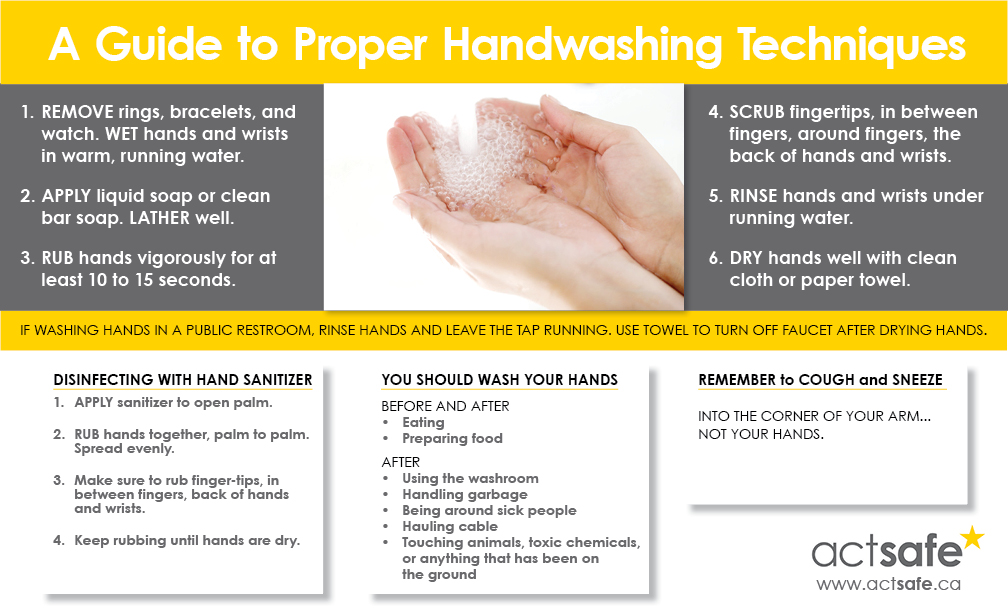


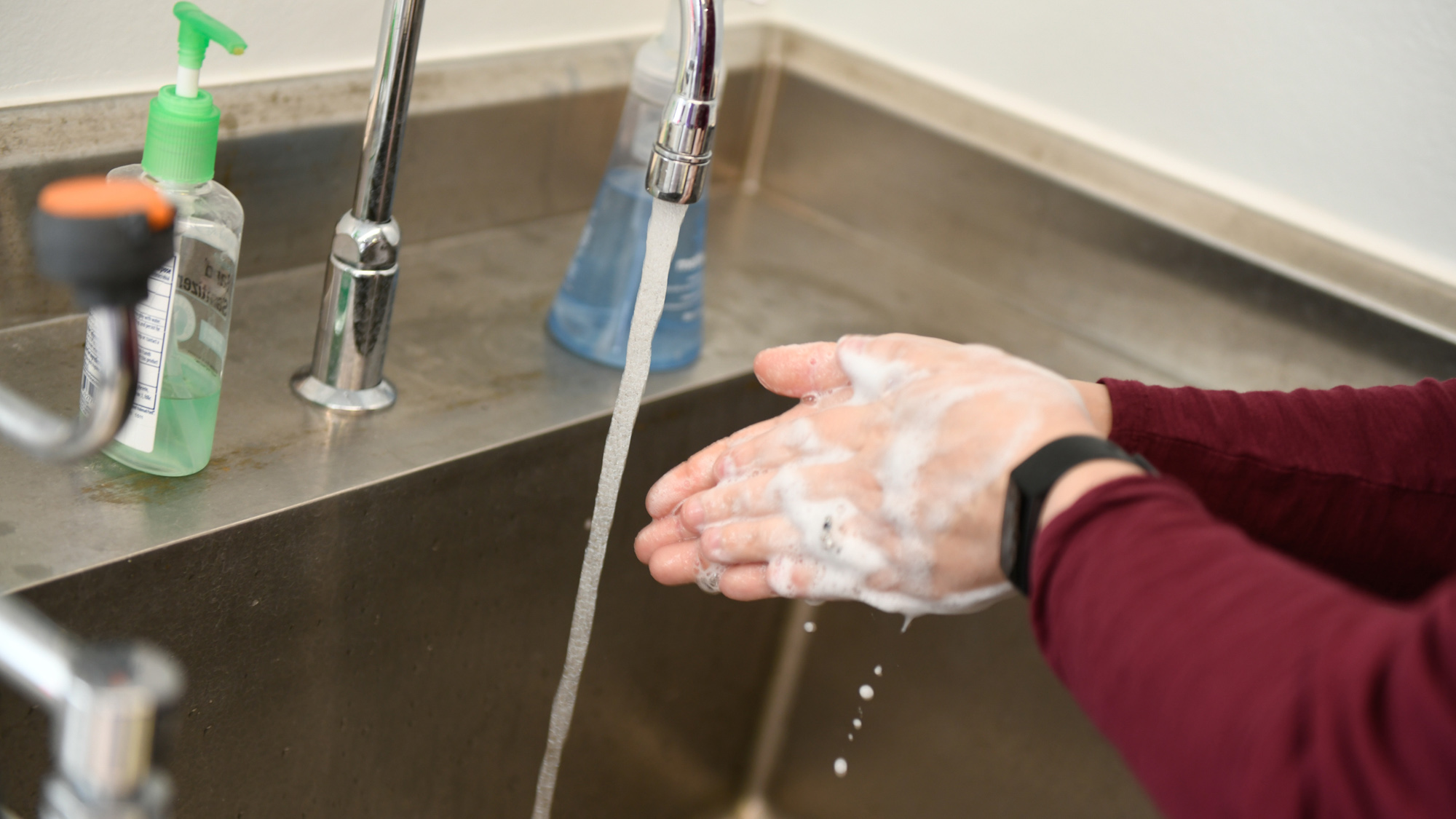
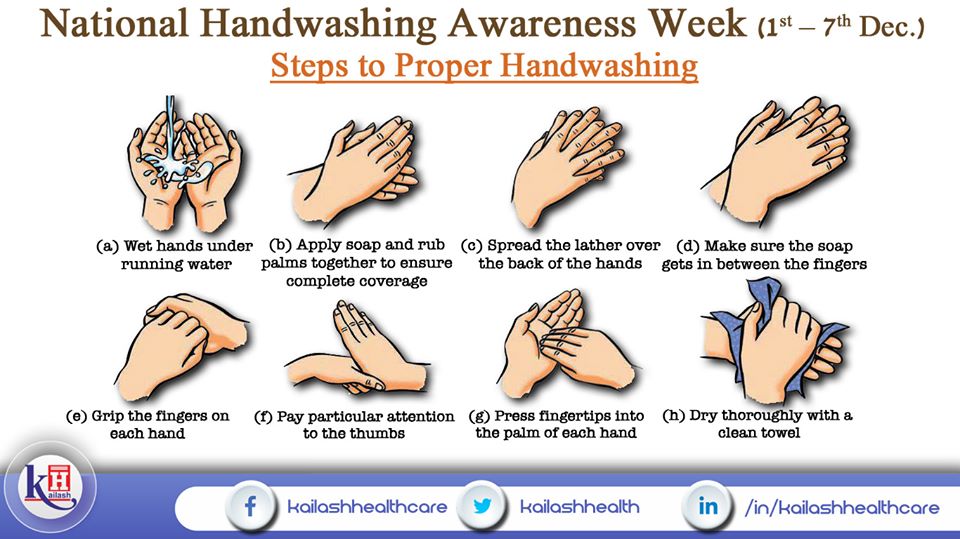

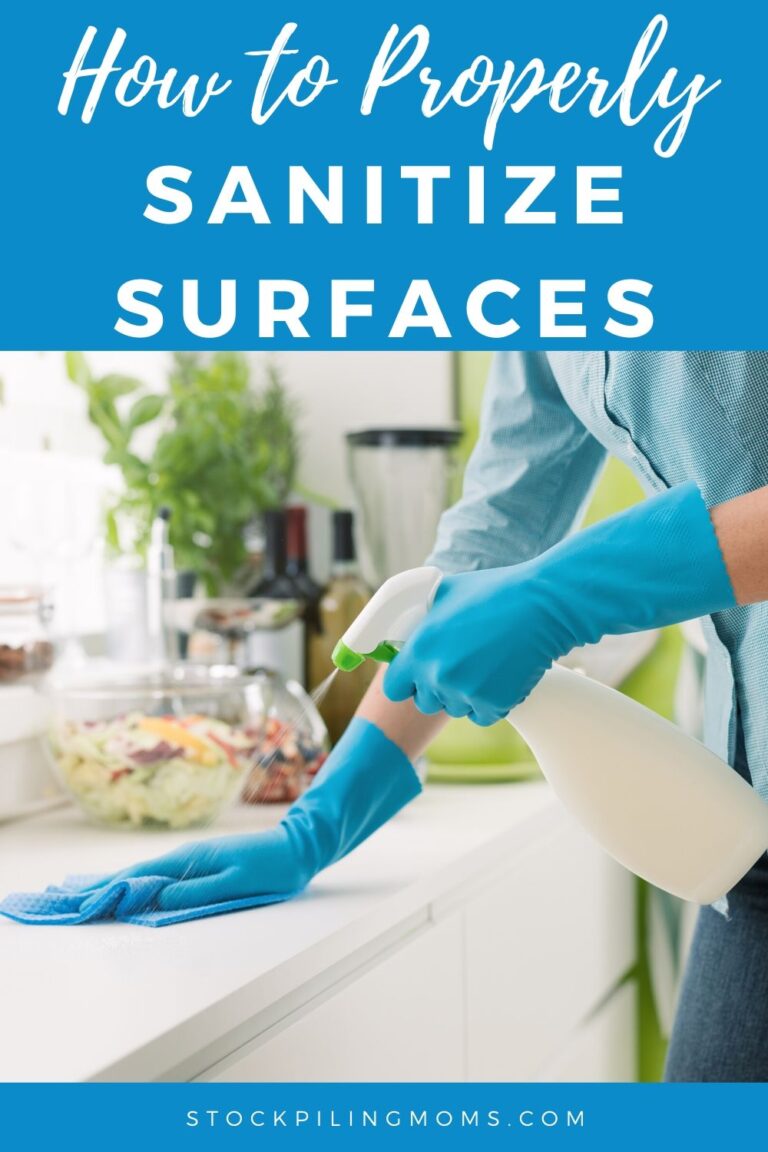








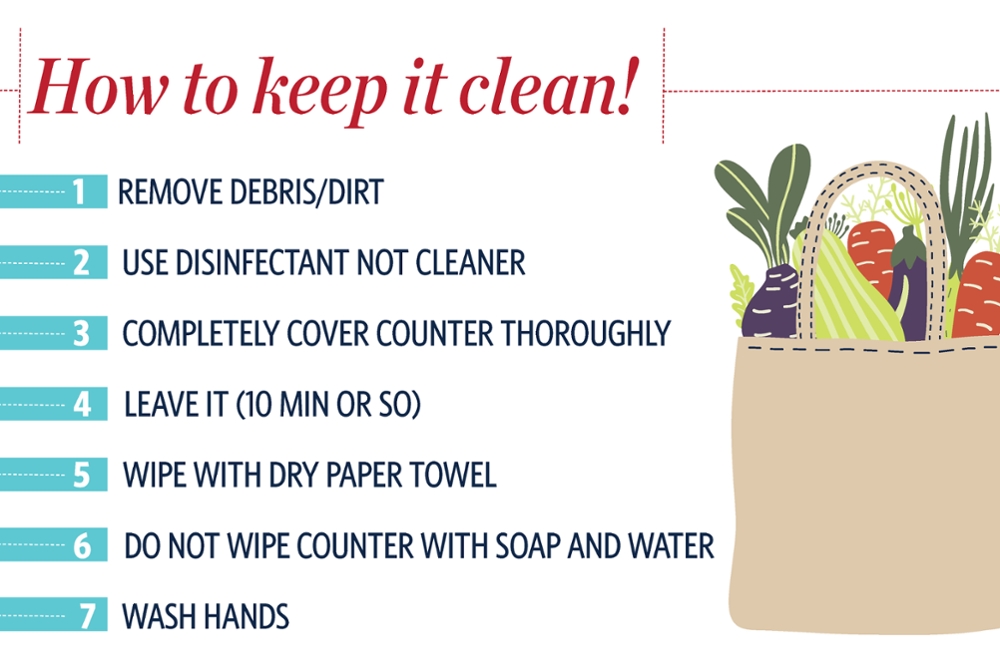
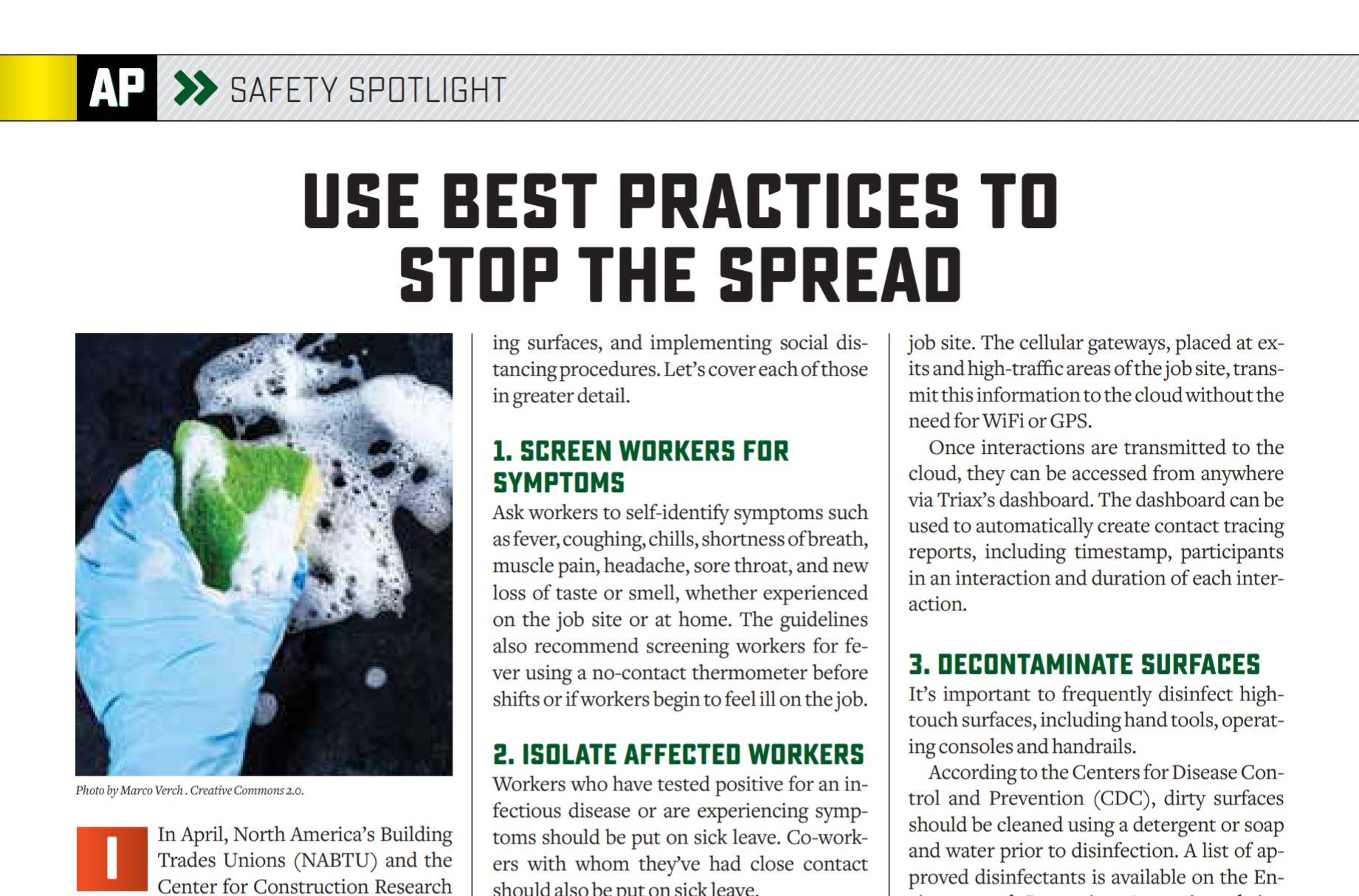






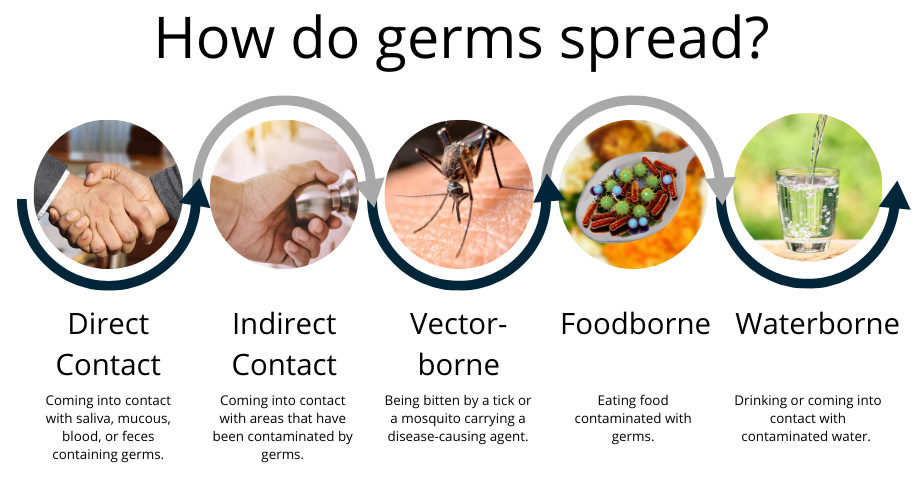
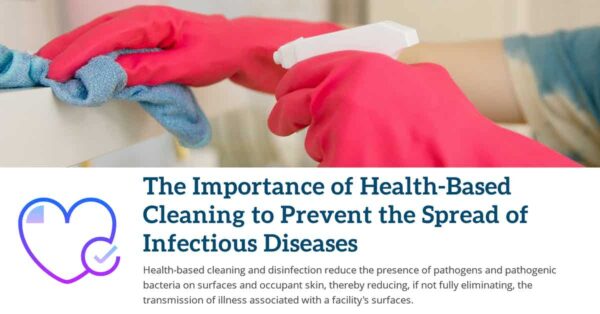











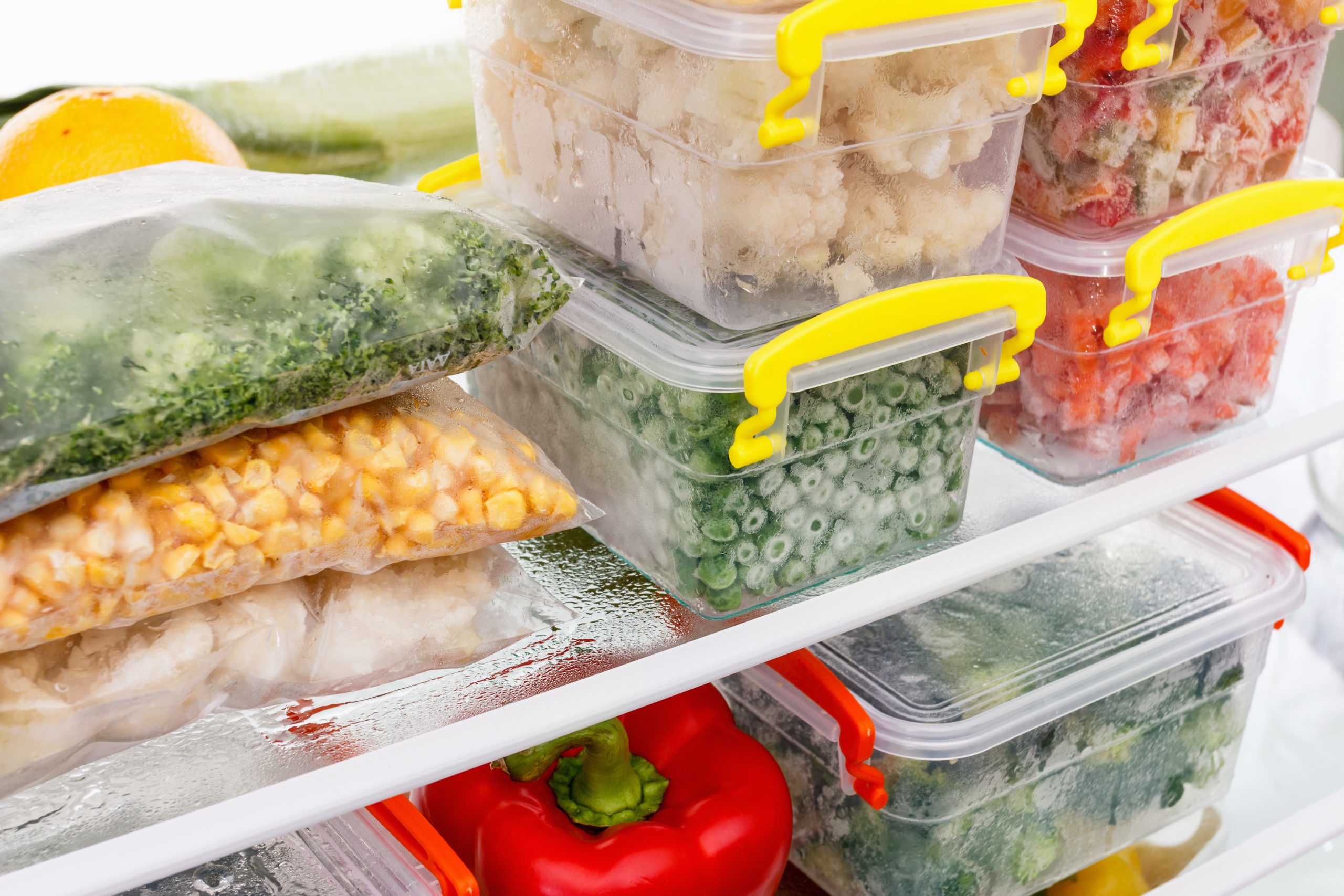



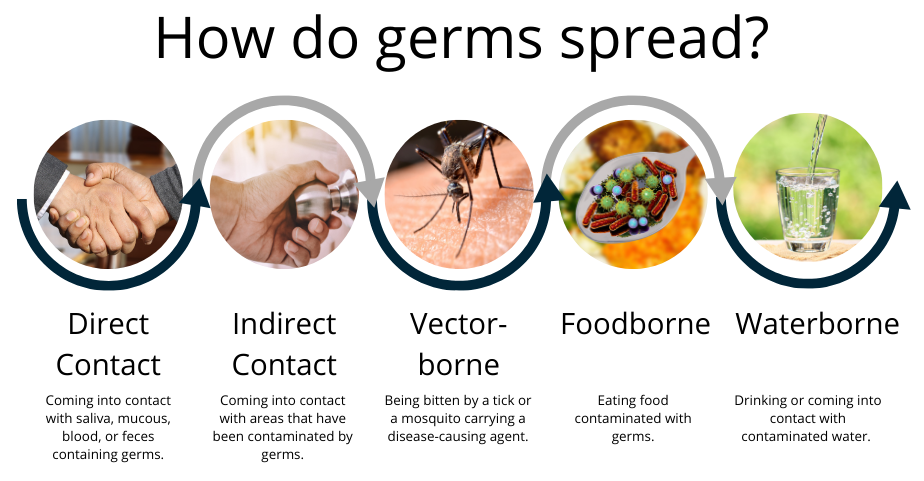







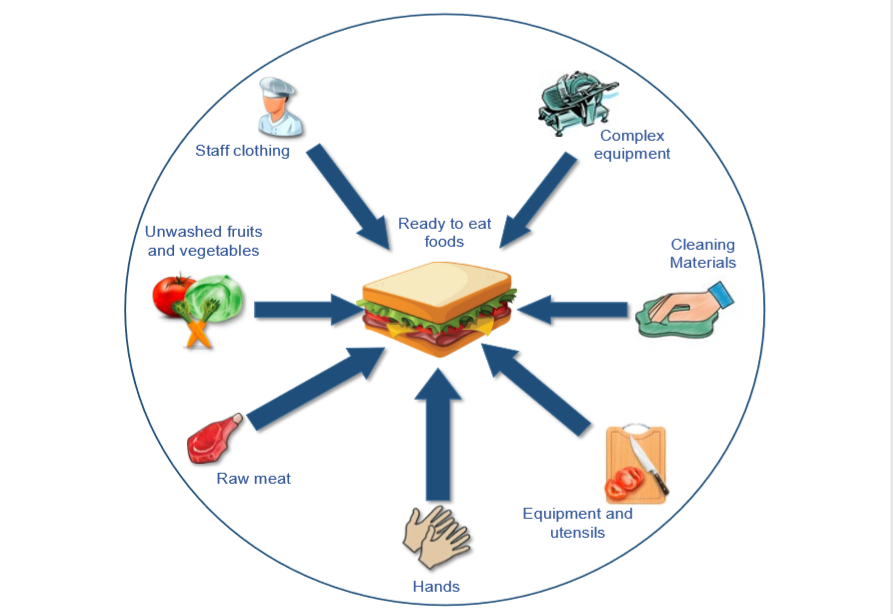


:max_bytes(150000):strip_icc()/color-coded-cutting-boards-996030_final-01-9ca266b91e76472ba659dc307e22b24c.png)

